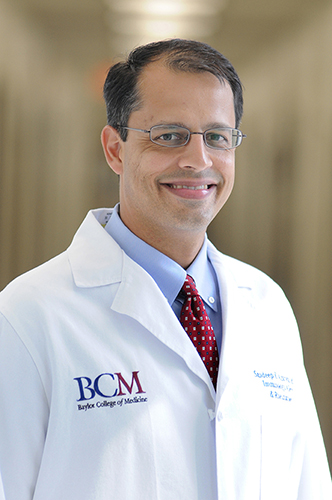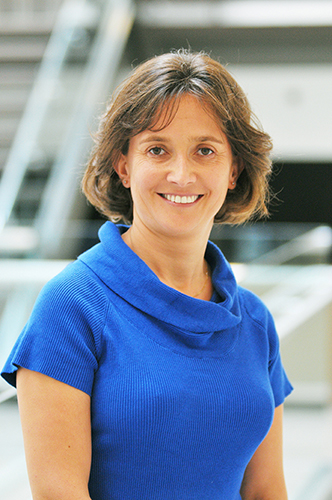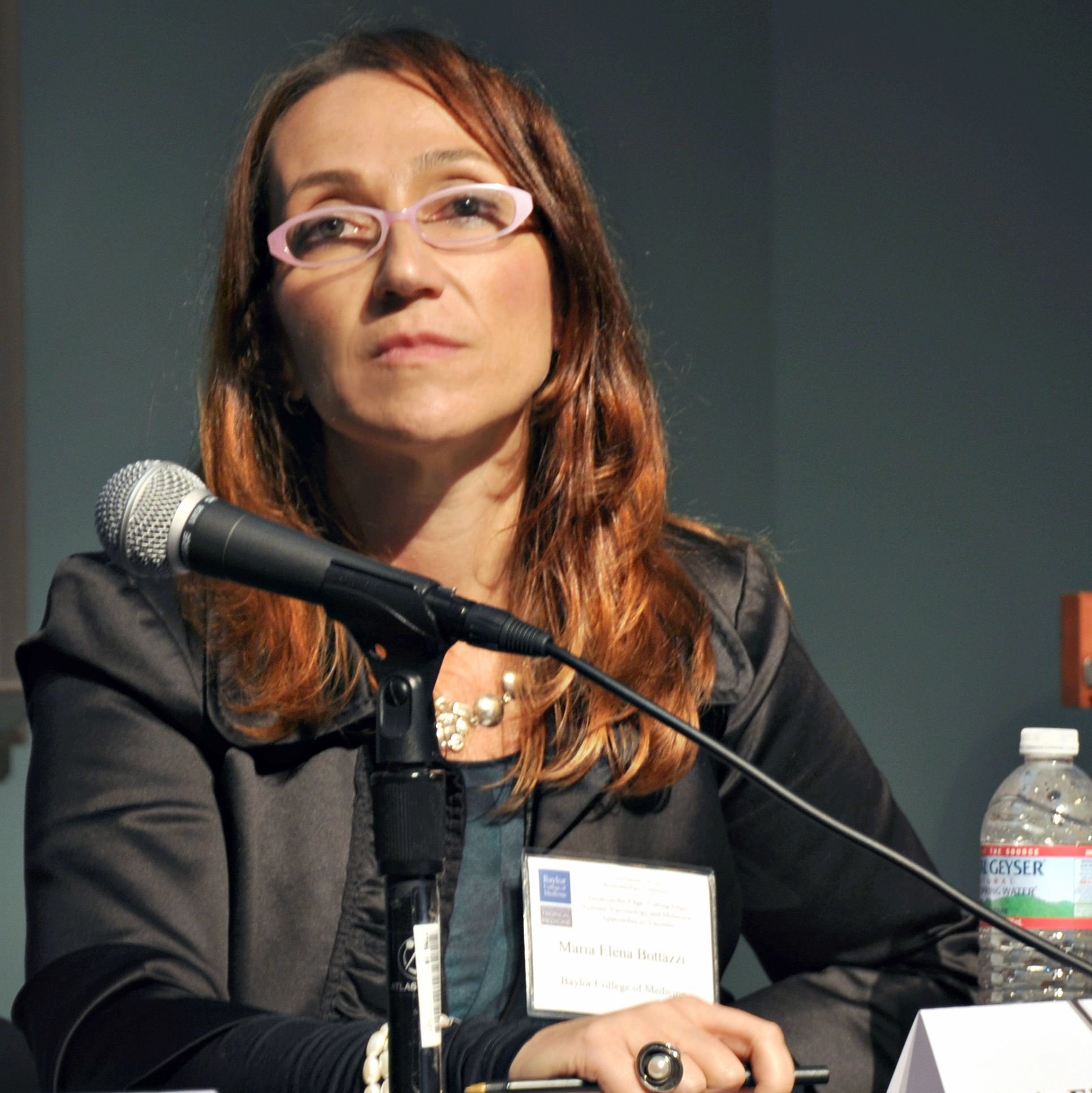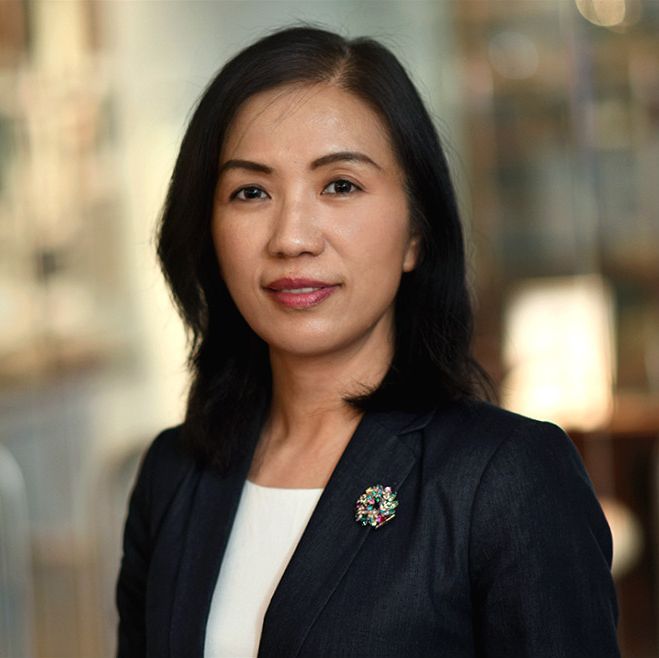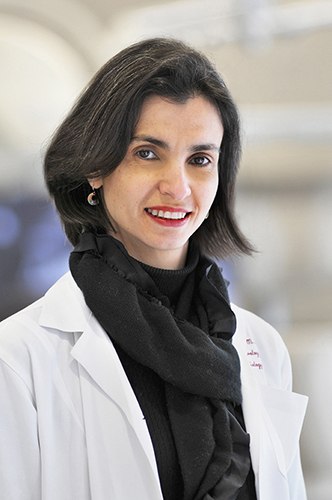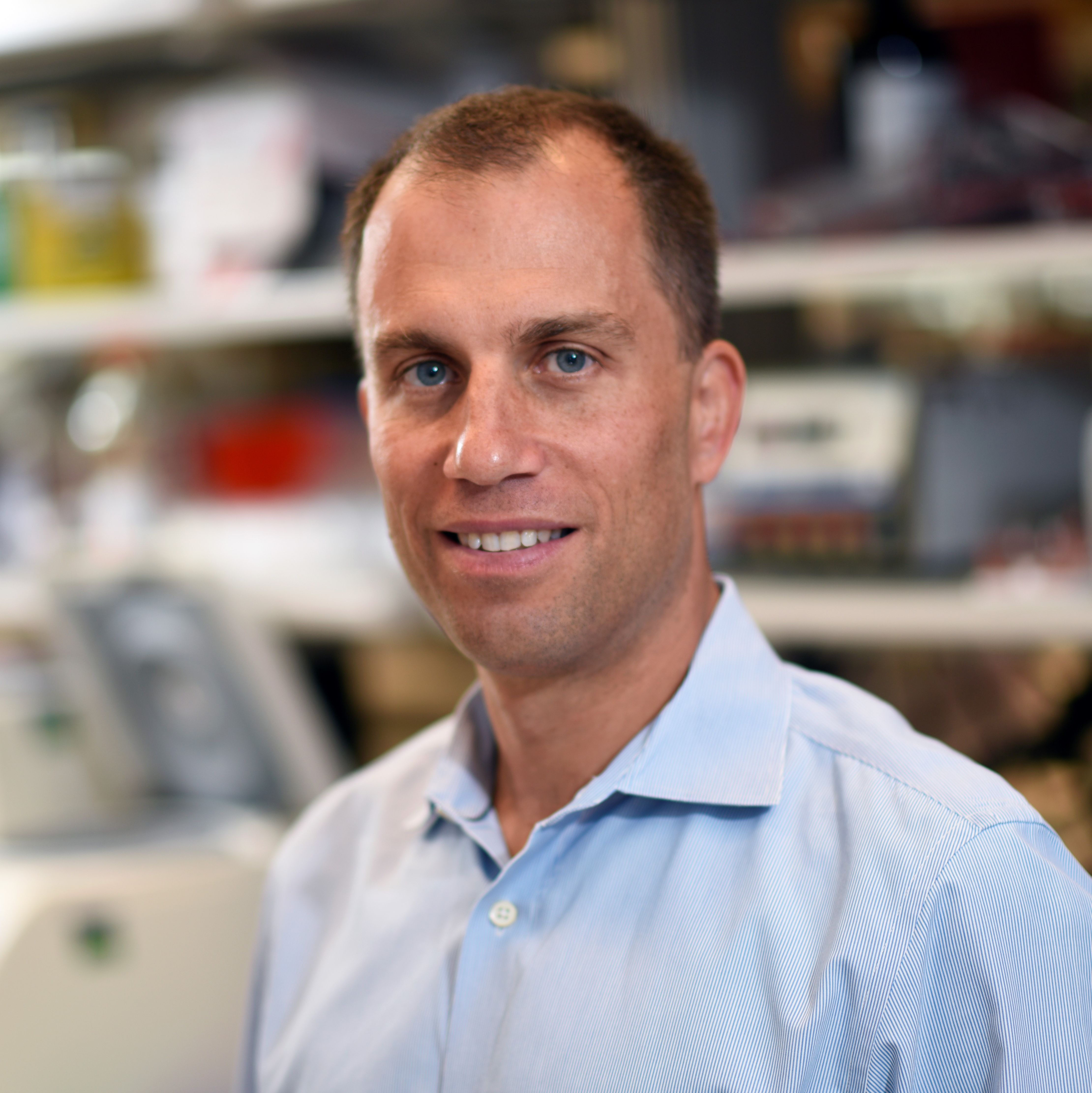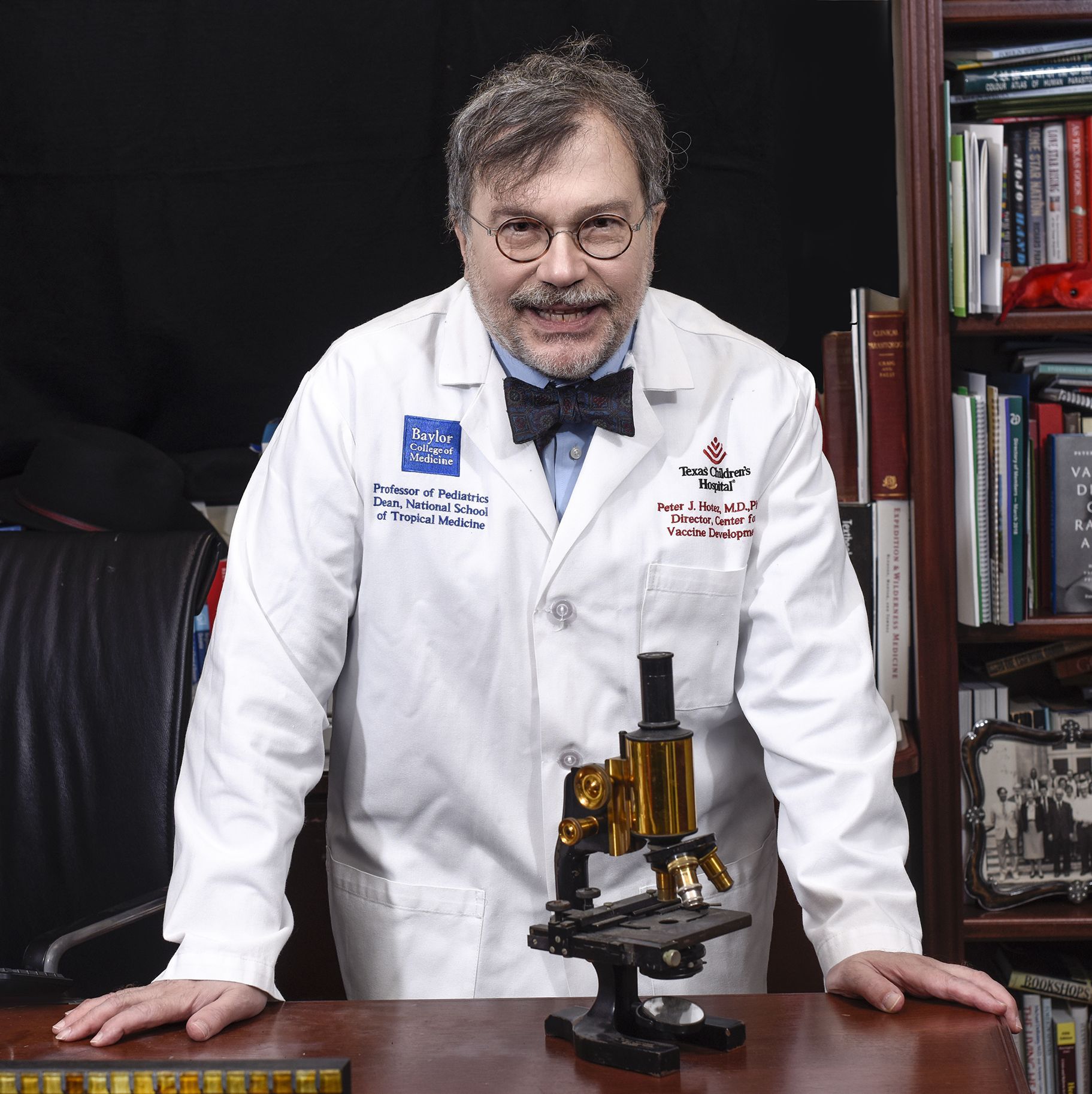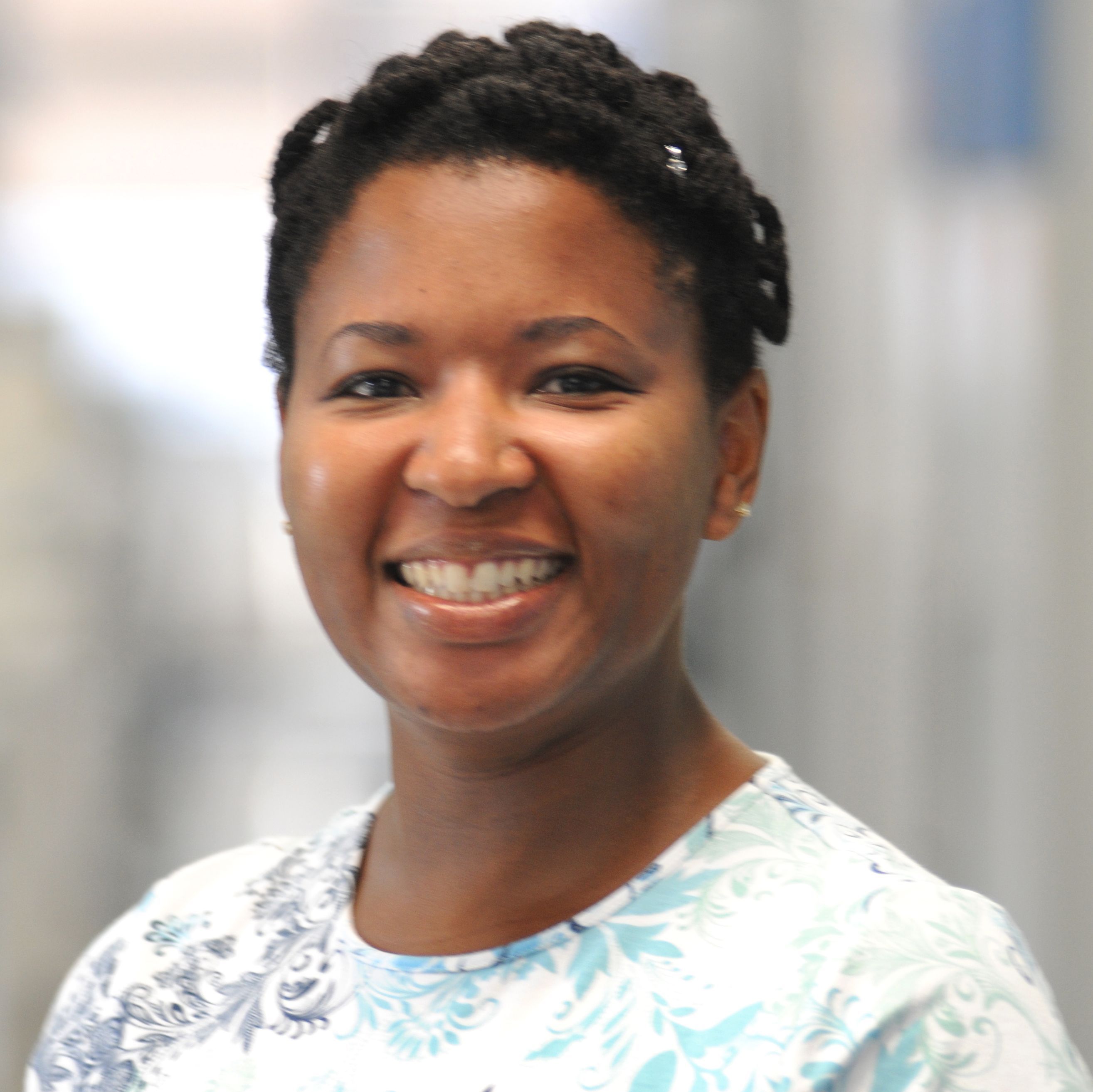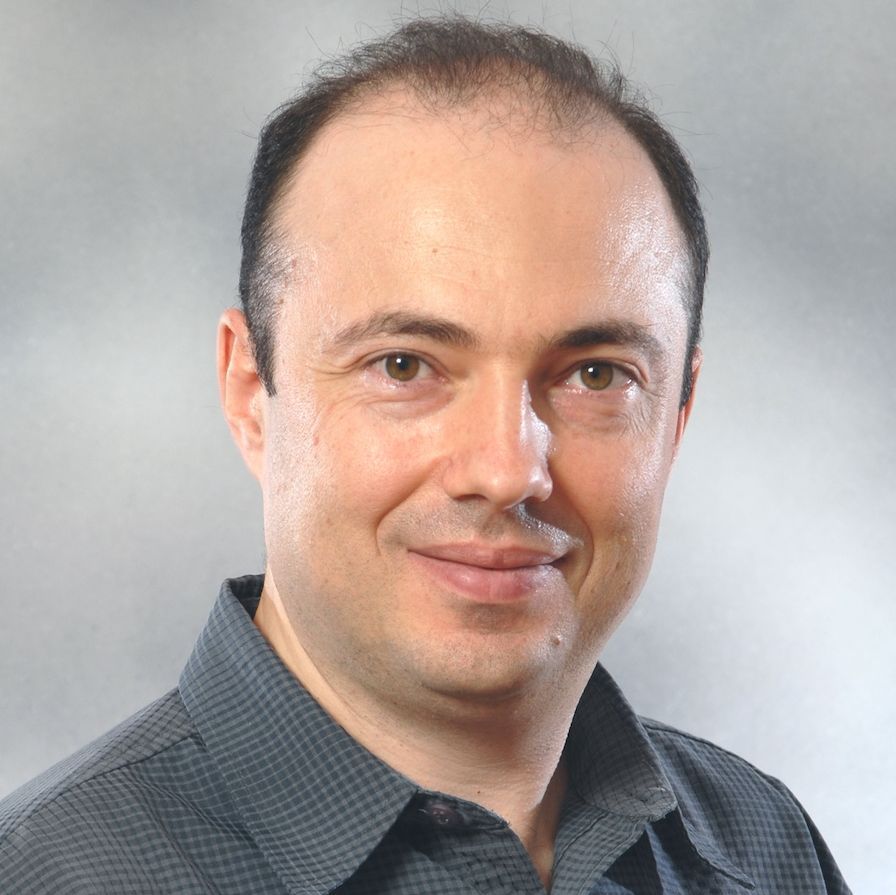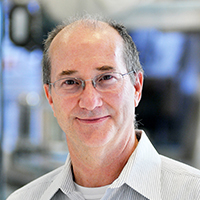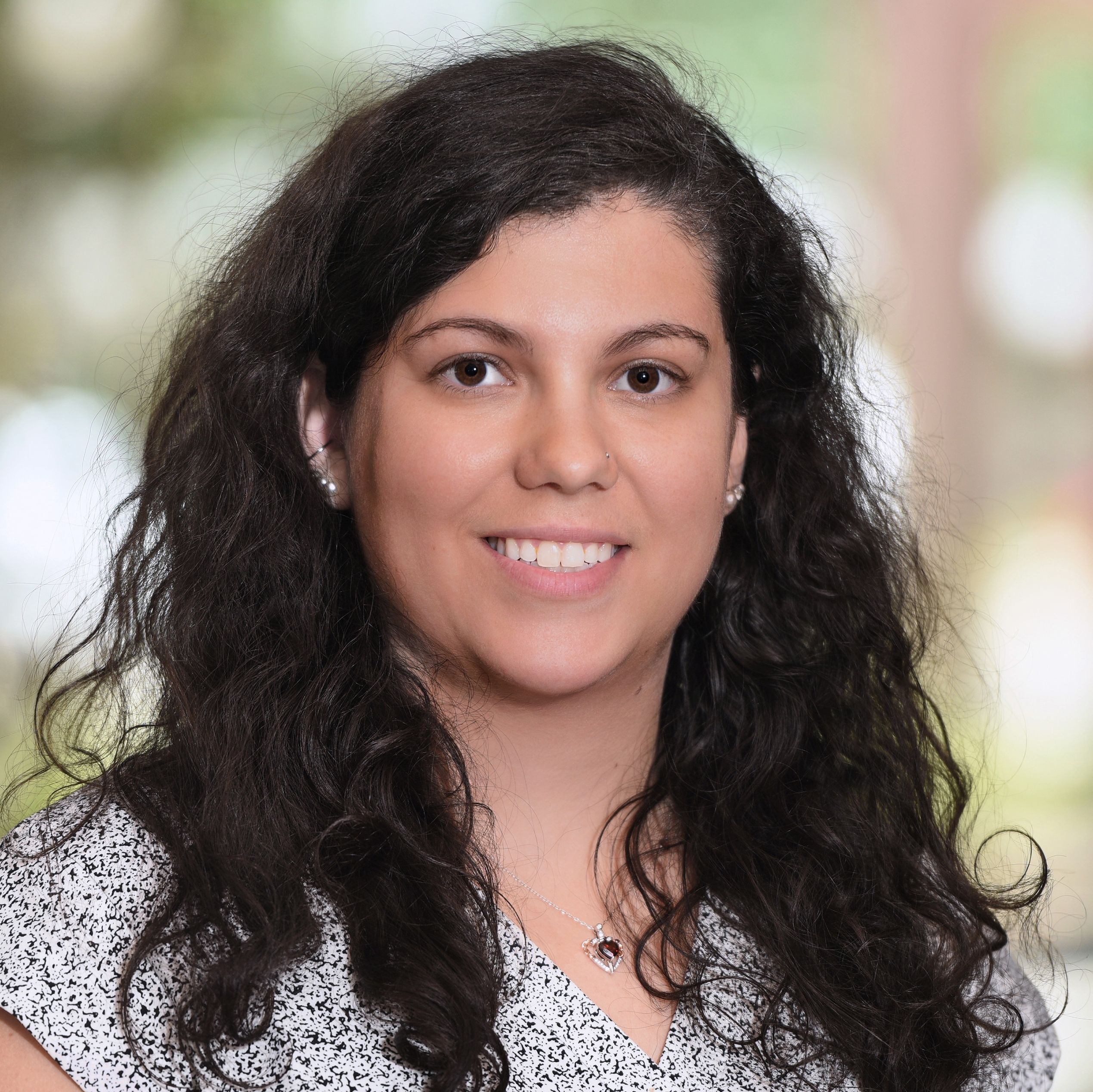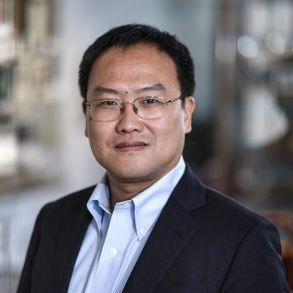Based in a college of medicine, an important focus of research for faculty and trainees in our program is translational with the development of vaccines and of novel therapeutic strategies, such as immunotherapy and gene therapies. In 1958, researchers at Baylor College of Medicine made the dream of eradicating polio worldwide a reality with the development of the first live polio vaccine that did not require low-temperature storage. Vaccine development continues in our program as program members develop prophylactic and therapeutic vaccines against deadly viruses, bacteria and parasites. In addition, faculty and students in the program target the exquisite specificity of immune effector T-cells, NK cells, NKT, and dendritic cells and harness the ease with which they can be grown, genetically manipulated and combined with other immunotherapies, including oncolytic viruses, to use them for the immunotherapy of viral diseases and cancer. Program members also develop peptides and small molecules to alter the function of immune cells with the goal of treating cancers and infectious or autoimmune diseases.
Faculty and trainees in the program benefit from the Center for Cell and Gene Therapy that has been developing strategies to target cancer and viral diseases in the research laboratory and translating them to the clinic in over 60 clinical trials. Similarly, faculty and trainees interested in vaccine development are members of the Vaccine Research Center and the Texas Children’s Hospital Center for Vaccine Development of the National School of Tropical Medicine.
A-K: Profiles of Faculty Working on Immunotherapy, Gene Therapy and Vaccine Development
L-Z: Profiles of Faculty Working on Immunotherapy, Gene Therapy and Vaccine Development
Graduate School Admissions
Find all the information you need to apply to the Baylor College of Medicine Graduate School of Biomedical Sciences.








